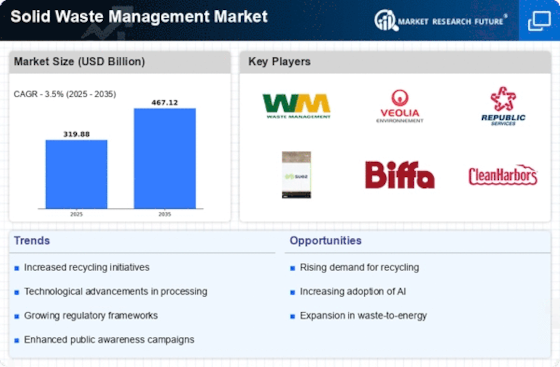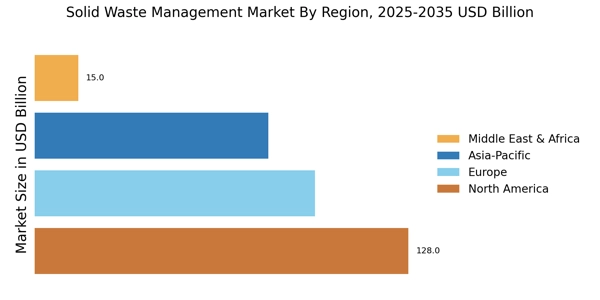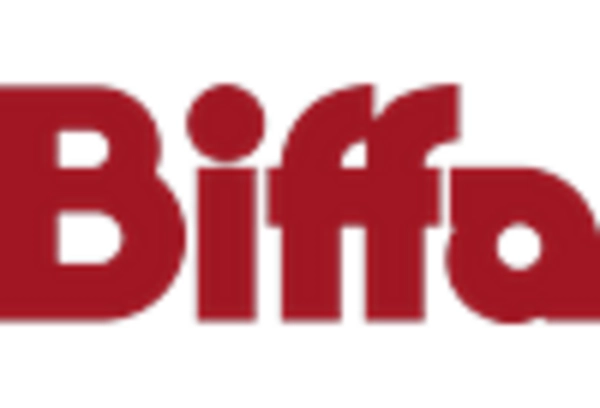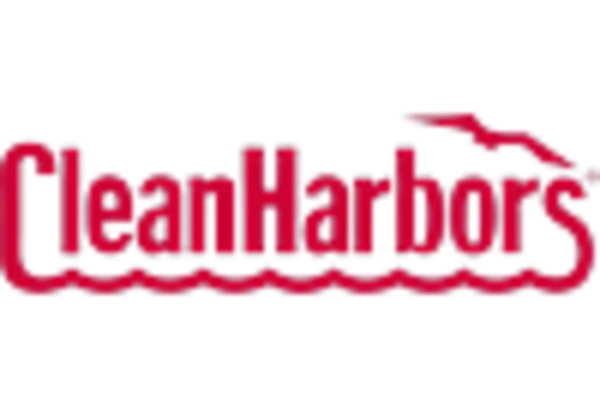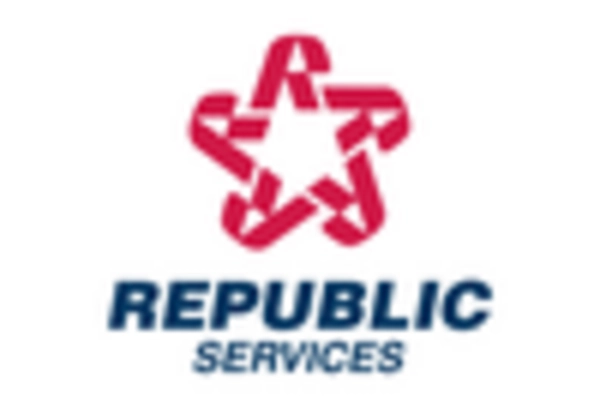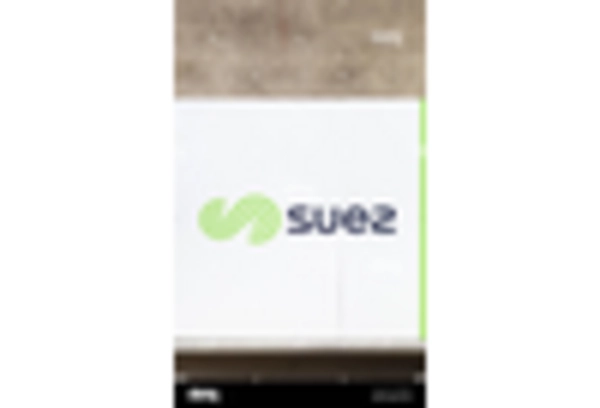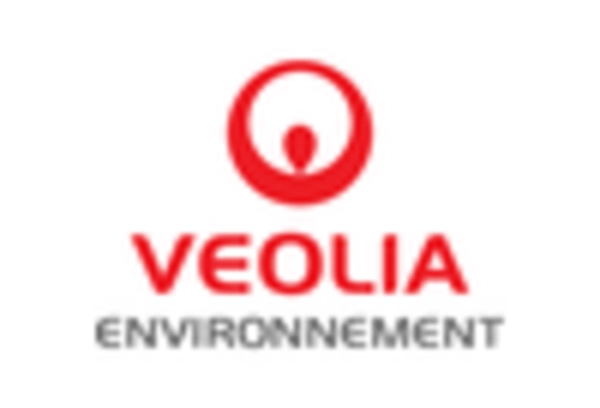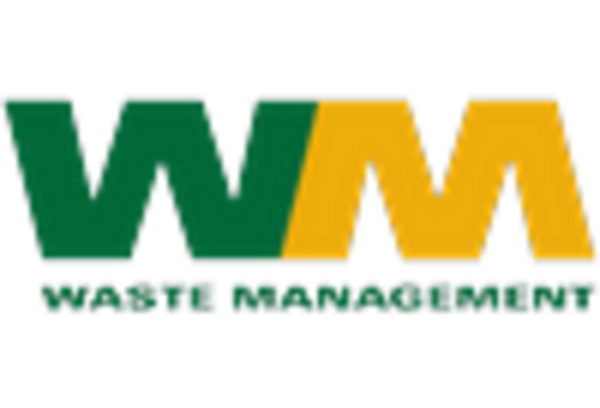The Solid Waste Management Market is currently characterized by a dynamic competitive landscape, driven by increasing urbanization, stringent environmental regulations, and a growing emphasis on sustainability. Major players such as Waste Management Inc (US), Veolia Environnement SA (FR), and Republic Services Inc (US) are strategically positioning themselves through innovation and regional expansion. Waste Management Inc (US) focuses on enhancing its recycling capabilities and expanding its waste-to-energy facilities, while Veolia Environnement SA (FR) emphasizes digital transformation and smart waste management solutions. Republic Services Inc (US) is actively pursuing mergers and acquisitions to bolster its market presence, thereby shaping a competitive environment that is increasingly focused on sustainability and technological advancement. Key business tactics within the Solid Waste Management Market include localizing operations and optimizing supply chains to enhance efficiency. The market structure appears moderately fragmented, with a mix of large multinational corporations and smaller regional players. The collective influence of key players is significant, as they drive innovation and set industry standards, which in turn influences smaller competitors and new entrants. In August 2025, Waste Management Inc (US) announced a partnership with a leading technology firm to develop an AI-driven waste sorting system. This strategic move is likely to enhance operational efficiency and improve recycling rates, aligning with the company's commitment to sustainability. The integration of AI technology could potentially revolutionize waste processing, allowing for more effective resource recovery and reduced landfill dependency. In September 2025, Veolia Environnement SA (FR) launched a new initiative aimed at increasing the circular economy within urban areas. This initiative focuses on collaborating with local governments to implement comprehensive waste management strategies that promote recycling and resource recovery. The strategic importance of this initiative lies in its potential to position Veolia as a leader in sustainable urban waste management, thereby enhancing its competitive edge in a market increasingly driven by environmental concerns. In July 2025, Republic Services Inc (US) completed the acquisition of a regional waste management company, significantly expanding its operational footprint in the Midwest. This acquisition is indicative of Republic's strategy to consolidate its market position and enhance service offerings. By integrating the acquired company's resources and expertise, Republic Services is likely to improve its operational efficiencies and customer service capabilities, further solidifying its competitive stance. As of October 2025, current trends in the Solid Waste Management Market are heavily influenced by digitalization, sustainability, and the integration of advanced technologies such as AI. Strategic alliances are increasingly shaping the competitive landscape, as companies collaborate to enhance service offerings and operational efficiencies. Looking ahead, competitive differentiation is expected to evolve from traditional price-based competition to a focus on innovation, technology integration, and supply chain reliability. This shift underscores the importance of adaptability and forward-thinking strategies in navigating the complexities of the modern waste management landscape.


